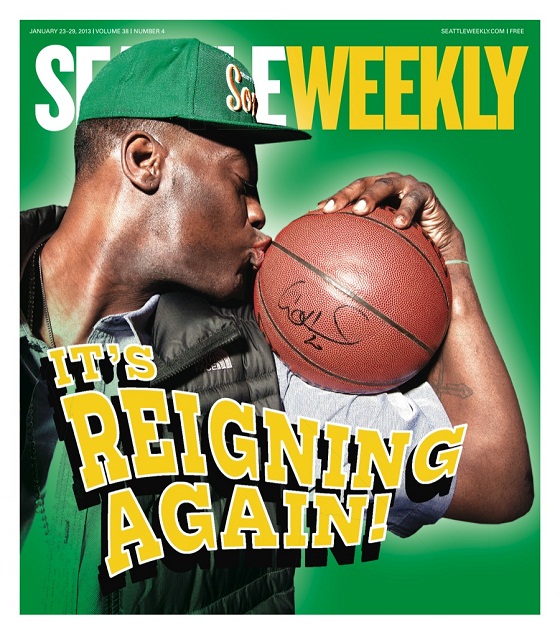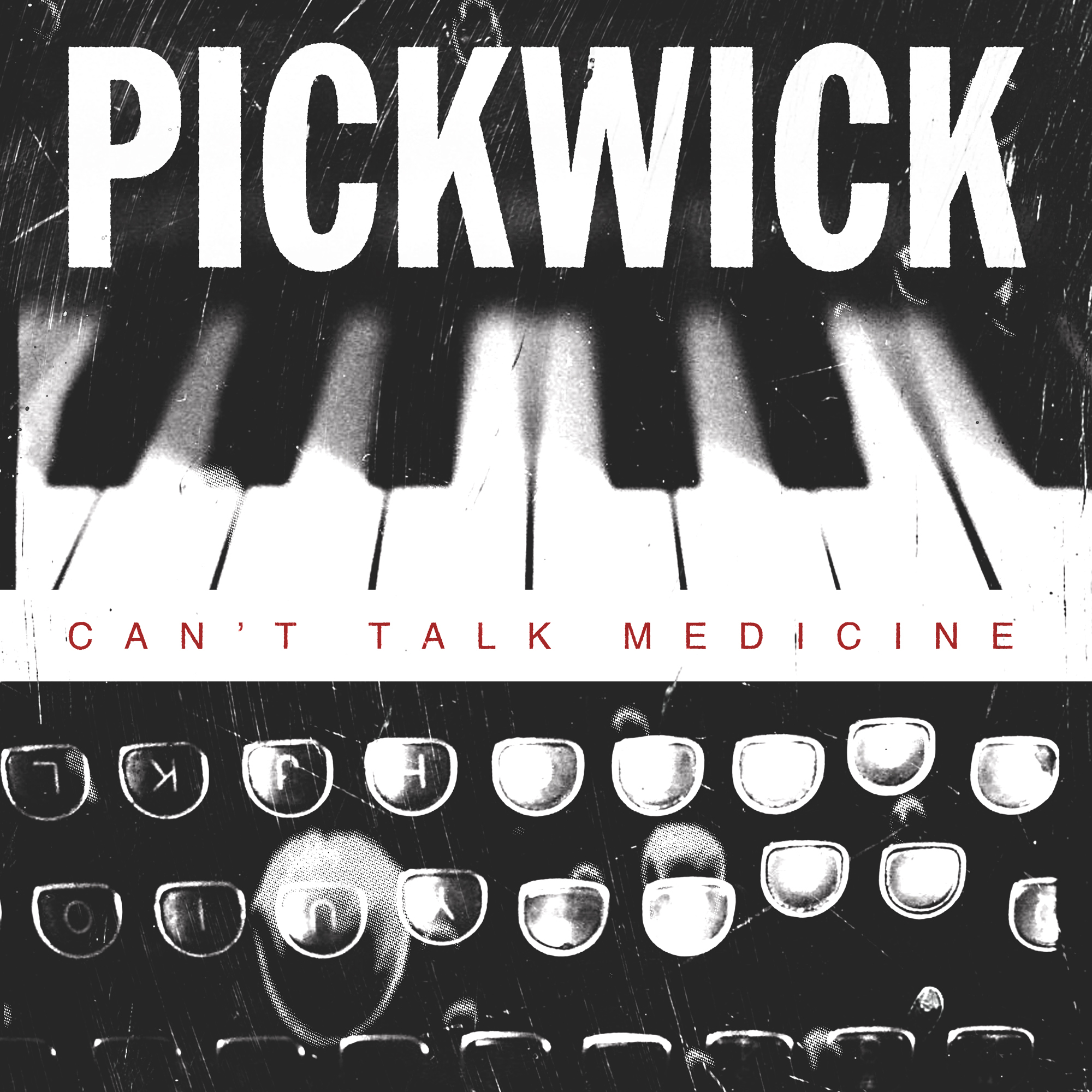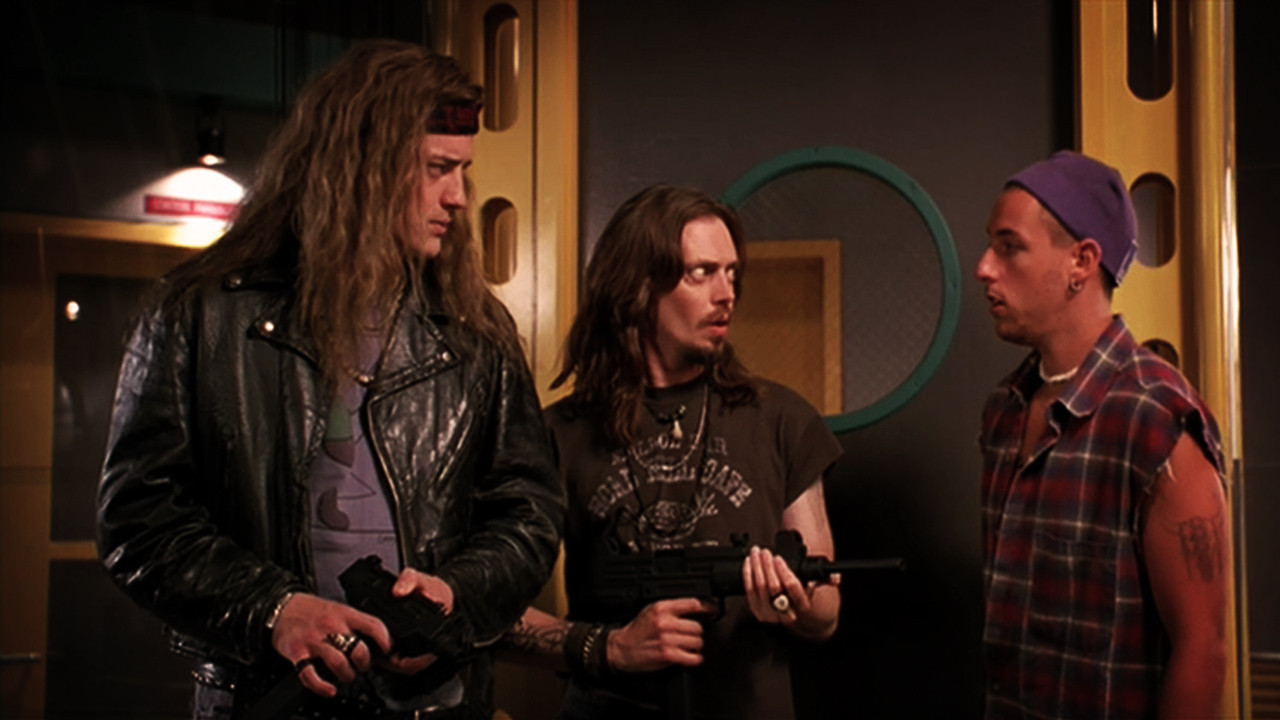In the 10-plus years since Napster introduced a new reality to the music industry, we’ve grown tired of talking about illegal downloading. And, for the most part, the conversation has stopped: You rarely hear about the number of people swapping files with one another (it’s plateaued, but remains at historic levels), or how such pilfering is having adverse effects on artists and fans alike.
Yet a study by the market research firm NPD Group showed that in 2009, just 37 percent of music acquired by U.S. customers was paid for. And music sales have dropped 47 percent since 1999, according to the Recording Industry Association of America. Today, taking music without paying for it is viewed as morally justifiable, while outrage arises when bands’ gear is stolen on the road. Why the double standard? Here are three of the most popular justifications:
Music wants to be free. Porterhouse steaks do, too.
Artists don’t benefit from the sale of music, only the crooked record labels that steal from artists do. I recently asked Death Cab for Cutie guitarist Chris Walla what effect such habits have on the artists themselves. “Yes, there’s a negative effect on the band,” Walla says. “But the effect on us directly is secondary to the larger problem, which is that the compensation structure for the artistic class is vanishing. And the loss to us all comes when developing artists—the would-be world-class greats—throw in the towel because it’s just too hard; because they couldn’t pay rent or because their family couldn’t afford health insurance or something.”
I can’t afford it. This is the worst excuse of all. And unfortunately it too often comes from a record-buying public which believes that because they’ve paid for X number of records, they’re entitled to Y number for free.
You’re kidding yourself on multiple fronts, starting with your assertion that you can’t afford it. For $10 a month, music-subscription services such as Seattle’s Rhapsody (see our story on their 10th anniversary on page 13) give users access to more than 13 million songs on their smartphones, PCs, Internet-connected televisions, and just about anywhere else you’d otherwise play an illegal mp3. Sure, subscription services aren’t right for everyone. But if you can afford to download illegal tunes—which requires a computer, Internet access, etc.—you can afford the $10 a month it takes to invest in a legitimate infrastructure to compensate artists and allow labels of all sizes to keep investing in up-and-coming bands.
It’s easy to pick on a record business under siege, or to cite any number of stories of label malfeasance toward artists, to justify piracy. But the artists are still getting screwed, just by a different party: fans.
—Chris Kornelis, editor







